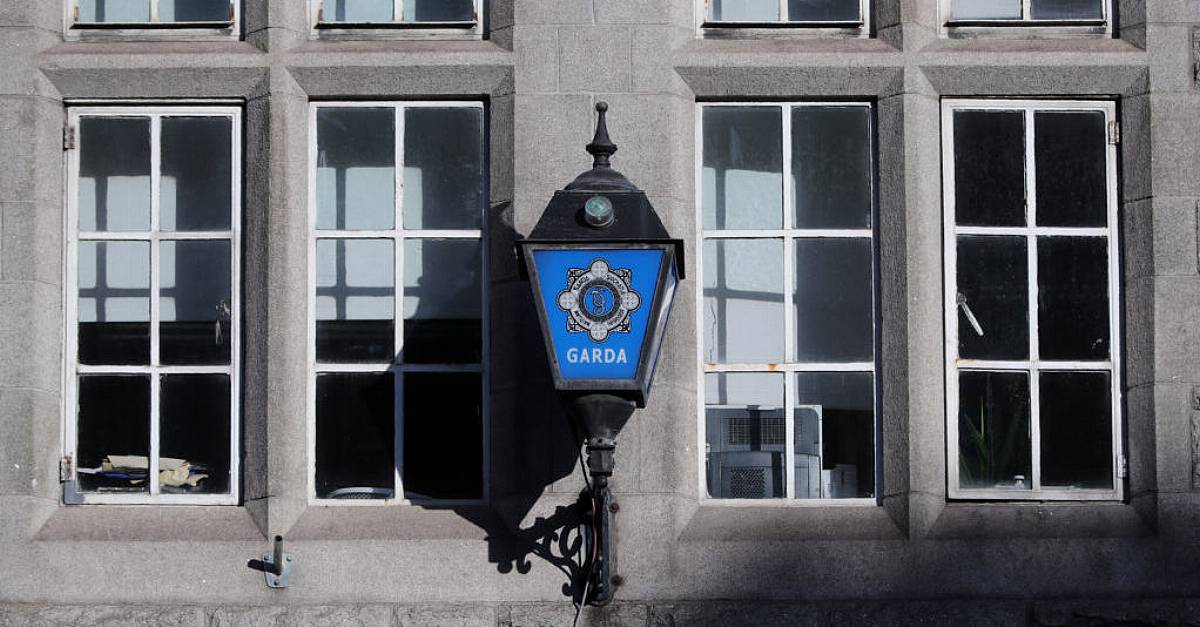Gardaí Spend Over €750,000 on Meals and Clothing for Detained Suspects
An extraordinary expense report reveals that An Garda Síochána has allocated more than €750,000 for providing meals and clothing to suspects in custody since the beginning of 2022, raising questions about budgeting and resource allocation in law enforcement.
Significant Outlay on Prisoner Needs
A comprehensive breakdown of costs disclosed under Freedom of Information (FOI) indicates that An Garda Síochána incurred expenses of €377,729 for meals and clothing up until the end of September 2023, with an expected higher total for the entire year. As of now, the cumulative spending in this category over 2023 and 2024 stands at an eye-watering €755,325.
Under current regulations, Gardaí are obligated to provide detained individuals with at least two light meals and a dinner within any 24-hour period. Furthermore, clothing is provided if the arrested individual lacks suitable attire or their own clothing is needed for evidence or is soiled.
Financial Breakdown by Region
The region with the highest expenditure on meals and clothing was the Dublin Metropolitan Region (DMR) South Central, where just over €129,000 was spent. Other significant costs included:
- Dublin North: €80,000
- Dublin North Central: €80,000
- Dublin West: Nearly €50,000
- Dublin South: Almost €50,000
- Cork City: €46,209
- Limerick: €38,093
These figures highlight the geographical disparity in expenses, evidencing varying demands in different areas.
Meals: An Outdated Pricing Structure
Interestingly, the cost framework for meals provided to prisoners has not been updated since 1996, with breakfast costing €4.76, lunch capped at €6.35, and dinner also set at €4.76. In practice, however, many meals are sourced from fast-food outlets due to the low reimbursement rates—a point addressed in a Garda circular stating, “Every effort should be made to keep within these limits.” This suggests a system that straddles the line between obligation and practicality.
Enforcement Protocols Under Scrutiny
The provision of meals and clothing is part of mandatory conditions for individuals in Garda custody, which also include access to toilets and being held separately from persons of a different sex. A detailed guideline emphasizes that only two Gardaí are permitted to interrogate a suspect at a time, although up to four may occupy the same room. Furthermore, prisoners can only be questioned for a maximum of four hours before they are granted a “reasonable break,” highlighting a structured approach to detainee treatment.
An official note also specifies that searches requiring the removal of clothing must avoid the presence of male officers unless a medical professional is available. This is indicative of an established aim to safeguard the rights and dignity of those in custody.
Broader Implications
This substantial financial commitment to the welfare of detainees underscores ongoing dialogues about policing budgets and the broader responsibility of law enforcement agencies to ensure humane treatment for all individuals, including those facing charges. Experts argue that while the necessity of providing basic essentials cannot be contested, the justification for such high costs and the outdated meal pricing structure warrants a reevaluation of current policies.
The rising figures further prompt discussions about the balance between fiscal responsibility and ethical obligations, a theme that resonates not only within law enforcement circles but also throughout the public sector.
As these costs accumulate, many are left pondering whether there are more efficient and cost-effective mechanisms to ensure that detained individuals receive adequate sustenance and clothing without straining public finances.
Engagement with this critical issue can lead to much-needed reforms in how the justice system operates regarding the treatment of those suspected of crimes. Share your thoughts and insights on this subject below—how do you think the justice system can balance the needs of suspects with prudent financial management?


